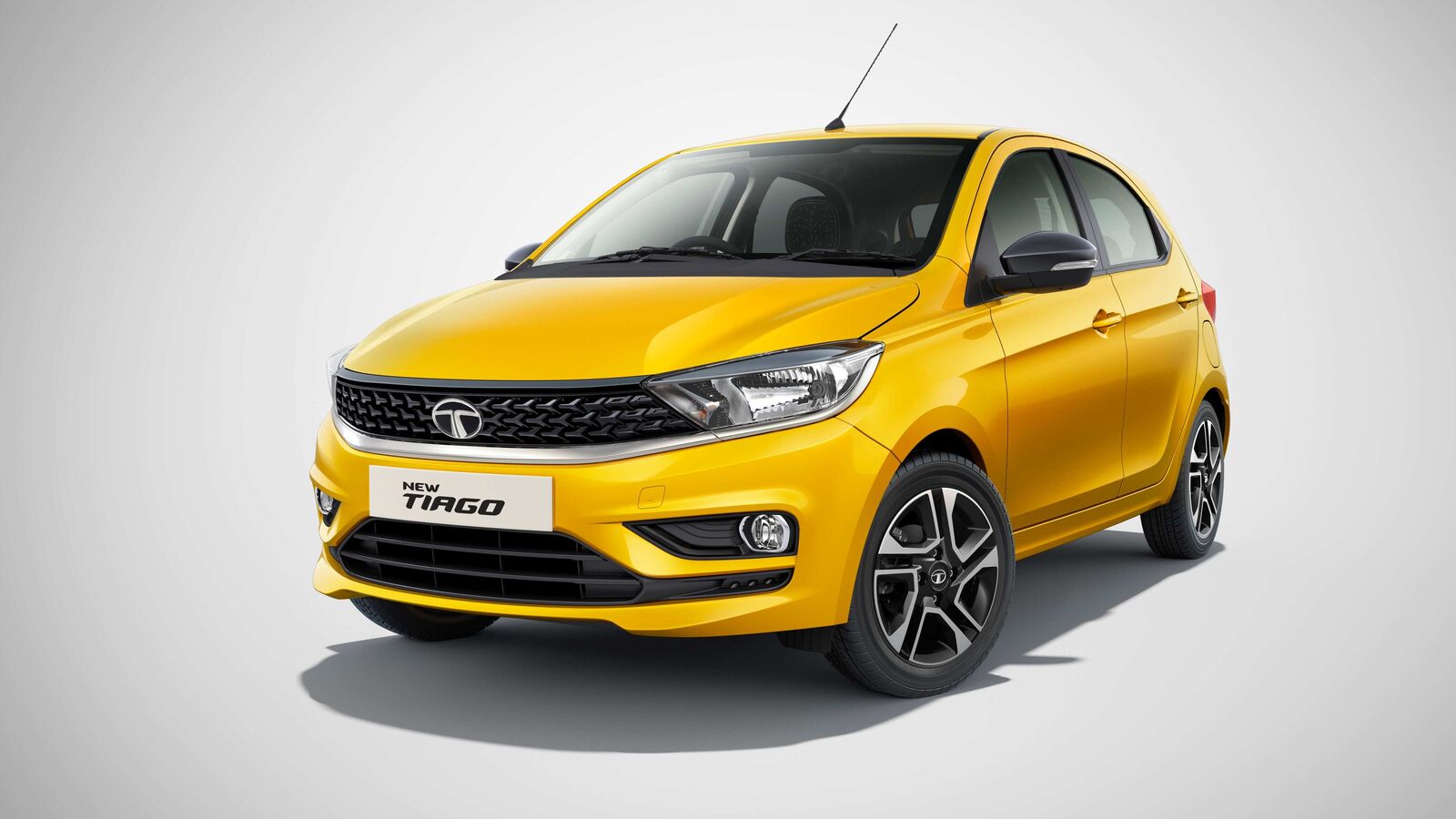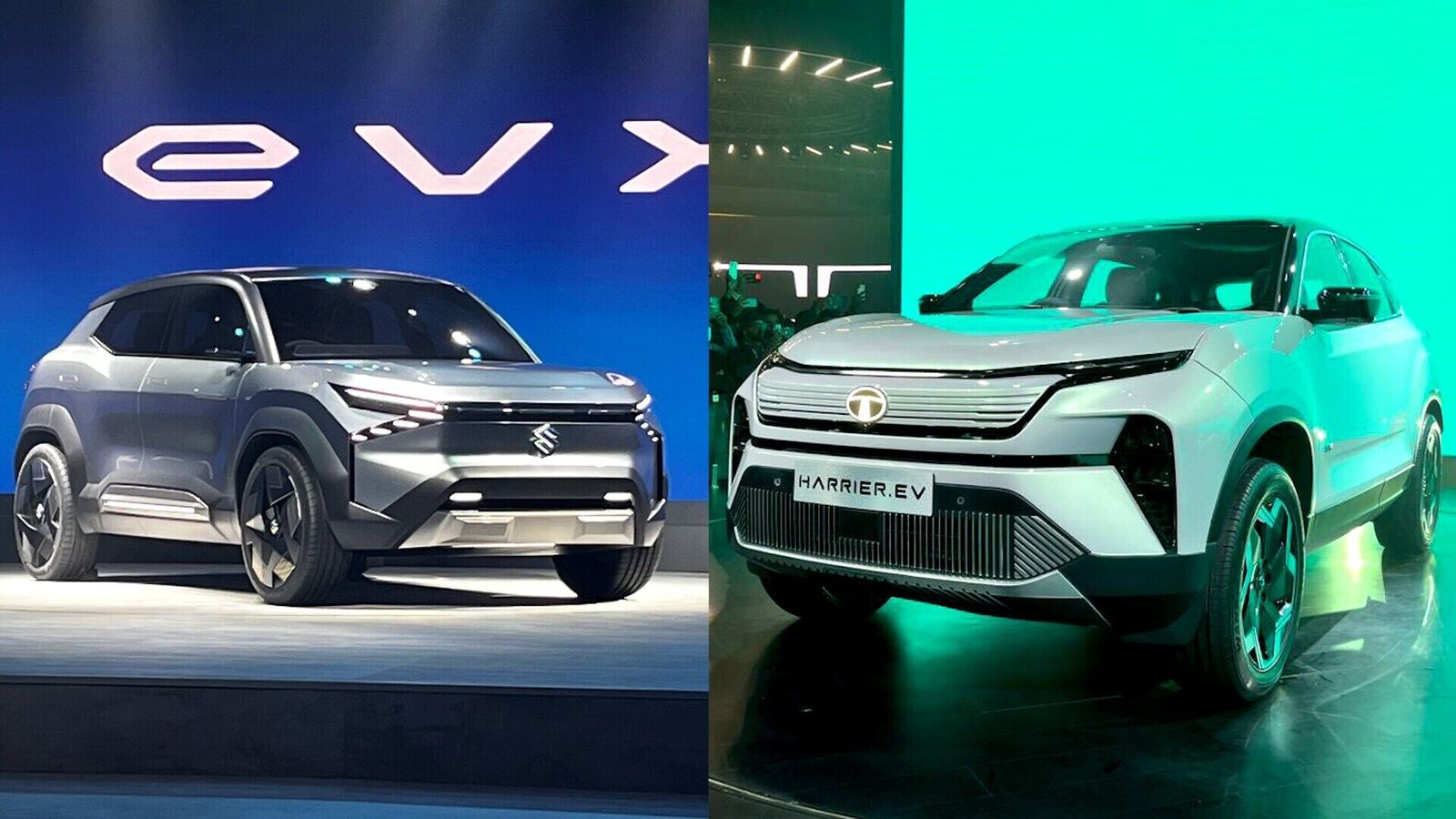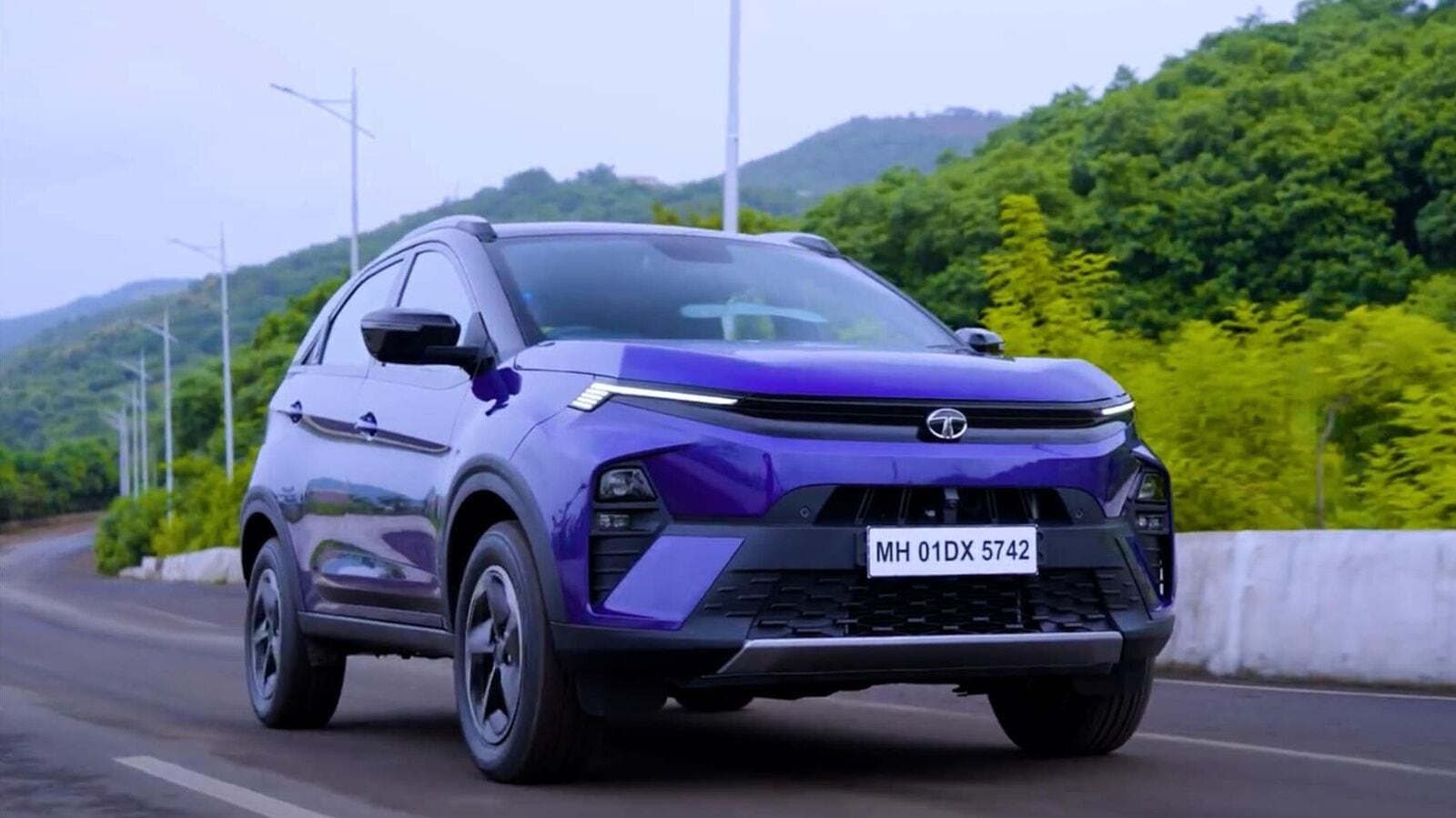- Tata Motors’ key official Shailesh Chandra has hinted at impending price hikes for passenger vehicles in the coming months.
Despite the rapidly rising demand for personal mobility and SUV-mania across the country, India’s passenger vehicle segment is likely to see less than five per cent growth in the next financial year, forecasted Tata Motors. Tata Motors Passenger Vehicles Managing Director Shailesh Chandra stated that India’s domestic passenger vehicle industry is likely to see moderate to less growth in the next fiscal starting in April 2024. However, the Tata Motors official believes electric vehicle sales in the country will grow despite the slow pace of EV charging infrastructure development.
Passenger vehicles to see sluggish growth
Chandra said that in FY23, the industry witnessed 25 per cent growth in the passenger vehicle segment, which is expected to become moderate in this financial year to about eight per cent. The Tata Motors official said that the industry is currently witnessing a high base effect and in the next financial year, there will be be slightly challenging situation for the segment. This challenging situation would result in the industry recording less than a five per cent growth rate in the next financial year, claimed Chandra during an analyst call.
Watch: 2023 Tata Safari review: Family SUV with bachelor spirit?
Passenger vehicles likely to be pricier
In the last few months, automakers in India have announced price hikes for their respective passenger vehicle models citing increasing production costs due to factors such as surging raw material costs, inflation etc. Chandra hinted that there would be more such price hikes in the next financial year, which would pose challenges to the growth of passenger vehicles.
Citing various challenges for the growth of passenger vehicles in India, Chandra noted that while commodity prices have been stable in the past quarter or so, there is a risk that prices may go up going forward. He hinted that costs of crucial raw materials are going up, which may impact the prices of passenger vehicles negatively in the coming months.
Watch: 2023 Tata Nexon EV facelift first drive review: Best-seller gets even better?
Electric vehicles to continue growing
Tata Motors is spearheading the democratisation of electric vehicles in India’s passenger vehicles segment. The homegrown OEM is leading the Indian electric car segment with more than 80 per cent market share. In the last few years, the segment has witnessed rapid growth thanks to various factors such as rising costs of petrol and diesel, narrowing price gap between electric and fossil fuel vehicles, availability of various government subsidies and incentives for EVs, tightening emission norms, growing awareness about environmental pollution and vehicular emissions’ impact on that, the launch of new electric cars etc. Tata Motors believes this growth momentum will continue in the next financial year as well.
Chandra said that in 2023, while the overall passenger vehicle industry grew eight per cent on a year-on-year basis compared to 2022, electric vehicle sales surged by 95-100 per cent YoY compared to the previous year. “I think this trend is likely to continue. So companies with stronger portfolios in CNG and EVs will grow,” Chandra said.
Watch: Tata Altroz iCNG: First Drive Review
Interestingly, this growth projection comes despite the sluggish pace of growth for the electric vehicle charging infrastructure, which is considered a key factor for the growth of electric vehicle sales. “As far as EVs are concerned, I think the biggest challenge here is the pace at which the charging infra is growing. It is lagging behind the pace at which the EV adoption is happening,” Chandra noted further adding, “Given that the charging infra is crucial to the growth and expansion of EV market, we have gone for an open collaboration approach with all charge point operators as well as the oil marketing companies who are focusing on expansion of charging infra.”
First Published Date: 25 Feb 2024, 15:57 PM IST
Source link




